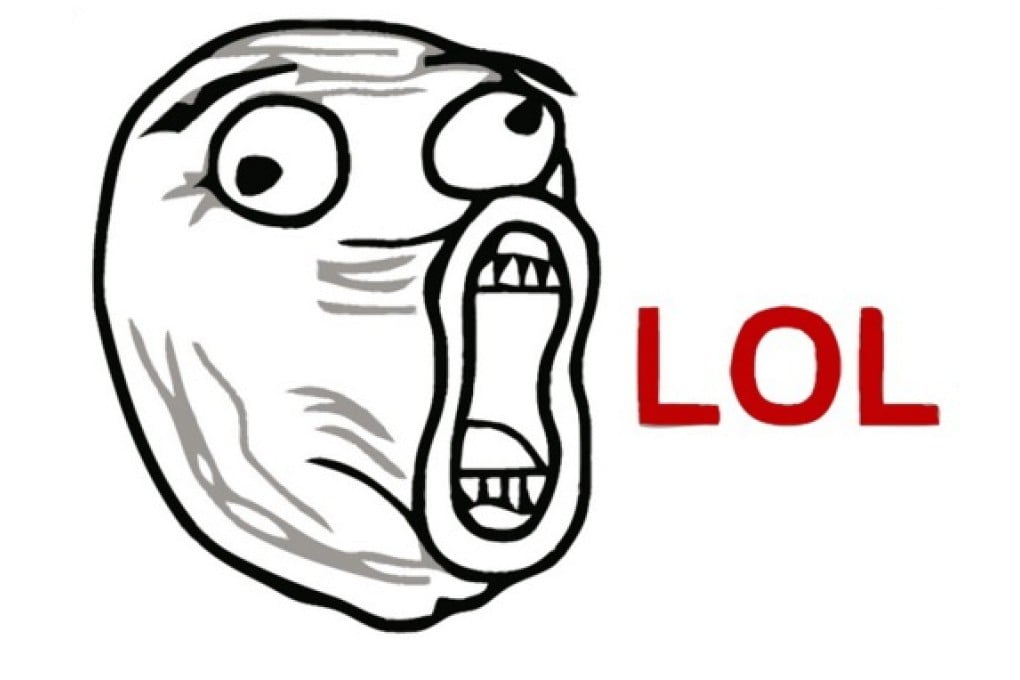'Haha' gets the last laugh, as Facebook users gleefully abandon once-ubiquitous ‘LOL’
Only 1.9 per cent of social media mirth is depicted by 'laugh out loud' acronym, while retro 'haha' is used more than 50 per cent of the time

It began as a shorthand understood only by computer geeks and went on to enter the dictionary and be (mis)used by Britain’s prime minister.
But LOL, the once-ubiquitous acronym for “laugh out loud” used to express an electronic laugh, has had its day, according to an audit by Facebook.
As parents and grandparents have taken up “lolling” and “lolzing”, the young have abandoned it in favour of the retro “haha” and “hehe”, or use emoji icons to express amusement in text.
In the report, entitled the Not-so-Universal Language of Laughter, Facebook drew on results from an audit of posts in the US during one week in May.
“Like a dialect e-laughing is evolving. The most common laugh is haha, followed by various emoji and hehe. Age, gender and geographic location play a role in laughter type and length: young people and women prefer emoji, whereas men prefer longer hehes,” the report said. “People in Chicago and New York prefer emoji, while Seattle and San Francisco prefer hahas.”
Most popular was haha, used by 51.4 per cent of users, followed by emoji at 33.7 per cent, then hehe at 13.1 per cent.